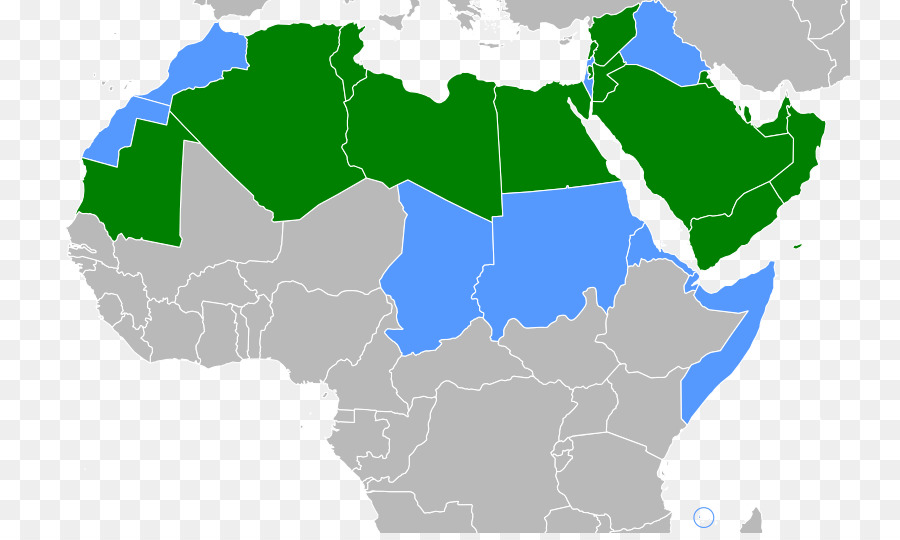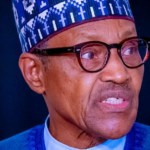One man changed the history of the world by setting himself on fire. The Tunisian, Mohammed Bouazizi, was unable to find work and had to make ends meet by selling fruits at a roadside stand. On December 17, 2010 a municipal inspector confiscated his wares. An hour later, he doused himself with petrol and set himself on fire. His death on January 4, 2011 brought together various groups dissatisfied with the existing system in Tunisia: the unemployed, political and human rights activists, trade unionists, students, professors, lawyers, and many others. Thus began the Tunisian Revolution. This uprising led to the sacking of President Zine El Abidine Ben Ali on January 14, 2011, thus ending his 23 years in power. The ousted Ben Ali fled into exile in Saudi Arabia.
Barely 10 days after the sacking of President Ben Ali in Tunisia, protests began in Egypt on January 25, 2011 and ran for 18 days. Beginning around midnight on 28 January, the Egyptian government attempted to eliminate the nation’s Internet access, in order to inhibit the protesters’ ability to organize through social media. It was all in vain for, on February 11, 2011, President Hosni Mubarak of Egypt was forced to flee from power, after being in office for about 30 years.
Then the revolution spread to Libya, the land of the then strongman Muammar Gaddafi. Protests in Libya lasted till October 20, 2011 when Gaddafi met with gruesome death. The uprisings that swept through the Arab world were given the name: The Arab Spring.
The fear of the Arab Spring spreading to other parts of the world got on the front burner in this day and age of the social media. Through the Internet, Facebook, Twitter, Blackberry etc., landmark protests could easily be organized in the twinkle of an eye.
Nigeria had a spectre of the Arab Spring when the then President Goodluck Ebele Jonathan removed the fuel subsidy on January 1, 2012. This was done without the consent of the legislature. And there was not even enough dialogue with labour unions and civil society organizations. The very unpopular New Year “gift” sparked off spontaneous anti-government demonstrations in many Nigerian cities the very next day, that is, on January 2. Nigerian towns such as Kaduna, Kano, Ibadan, Ilorin, Kebbi, Gusau etc. were literally on fire as many protesters marched on the streets with placards and made bonfires.
A melting pot of the struggle was the Gani Fawehinmi Square in Ojota, Lagos. For a week, from sunup to sundown, the many classes of Nigerians converged at the square. The number of protesters increased steadily by the weekend. The fear in the air was that the coming week’s protests could turn into the Nigerian version of the Arab Spring. It was akin to waiting for the Nigerian Spring!
The first objective of the Occupy Nigeria protest was to force the government to return to the status quo and cause petrol to be sold at the previous rate of 65 naira per litre. There was also the need to get the government to provide improved infrastructure and eradicate corruption.
Messages passed back and forth on the social media network about the envisaged Nigerian Spring. The Facebook pages were replete with instructions on how to follow through the Nigerian Spring. Facebook group pages were created to spur Nigerians globally against the fuel subsidy removal. It’s indeed ironic that the social media like Facebook was used in the mass action against Jonathan who owned a well-patronized Facebook account that then boasted of well over half-a-million fans. The Nigerian president then had more Facebook fans than the combined tally of the British Prime Minister, German Chancellor, and South African President.
Nigeria is once again in the season of anomie. President Muhammadu Buhari has somewhat been indulged after raising the fuel prize to an all-time high of 145 Naira. The exchange rate of the Naira has become well-nigh unbearable. Inflation is all the rage. Tertiary students have been on strike for months on end. The hunger that made Tunisia’s Mohammed Bouazizi to set himself on fire, thus sparking off the Arab Spring, is an everyday Nigerian reality now. In short, anything can happen.
And as if to cap it all off, a very ominous presidential election is afoot. One small misstep can lead to cataclysmic tragedy. Given the mess the countries of the Arab Spring are in today, Nigeria should learn the lesson of being saved from anarchy.
Uzor Maxim Uzoatu wrote from Abuja
Check AYA-Nyanya/Mararaba road
The authorities concerned should please rise to the challenge posed by the perenial traffic build-up at Kubgo, along the AYA to Nyanya/Mararaba road in the FCT. I understand that beside the ever unending traffic hold up there, work on a foot bridge currently going on in Kubgo is adding pain to injury along the road. The authorities should call the contractor of that foot bridge to order by moving away concrete slabs they have placed on the road to inhibit traffic. At the point of the bridge project, the workers moved some concrete slabs to narrow the road, thereby causing heavy traffic buld-up everyday. The contractor should not be allowed to make life more difficult for people because of his project, he should be made to remove those obascles to allow easy movement of vehicles.
Dorothy Akubo, Nyanya, Abuja
An era of political endorsements
A look at the endorsement gale sweeping across the nation’s political terrian is making me to wonder which of the endoresements would matter most on election day. From political to ethnic groupings and retired miltary officers, several groups have declared support for either of the two major presidental candidates-Atiku and Buhari, but I am wondering what impact the endoresements would have on actual voting, considering that the election turns out to be free, fair and credible. In other words, do all these group endoresements really have the backing of the real card-carrying voters, or they are theoretical contraptions of big names in the polity? Are the real voters being carried along in these endoresements? We will get to know this from February 16.
Atama Geofrey, Makurdi
That El-Rufai’s warning to foreigners
Much as I don’t subscribe to foreigners interferring in Nigeria’s internal affairs as regards the election, I find it a little absurd for Governor El-Rufai of Kaduna State to threaten to kill foreigners who intervene in the country’s election matters. “Those that are calling for anyone to come and intervene in Nigeria, we are waiting for the person that would come and intervene, they would go back in body bags,” the governor said on NTA’s Tuesday Live programme. Such statement from a high ranking government official could tend to portray our country in a negetaive light, and the governor should have been a little diplomatic, in my own opinion.
Idris Mahmoud, Kebbi
Let’s learn from Venezuela election impasse
Disputed elections threaten democracies, as is presently unfolding in Venezuela, where incumbent Nicholas Maduro is fighting the battle of his life to remain in power after the oppistion party candidate is claiming victory in the recent presidential election. Several countries including the United States and some European countries have declared support for the opposition candidate who has decalred himself the acting president. Such is what follows an election which is not seen to be free and fair, and so we should learn from Venezuela to ensure that Nigeria’s forthcoming prresidential election is not clouded in doubts and malpractices in order to achieve a safe landing. Such disagreement as in Venezuela could have worse effects in Africa if allowed to happen in the first place, a winner should emerge clearly in a free and fair contest and the loser should take it like a man, you don’t win all the time.
Suleiman Yahaya, Keffi.

 Join Daily Trust WhatsApp Community For Quick Access To News and Happenings Around You.
Join Daily Trust WhatsApp Community For Quick Access To News and Happenings Around You.


